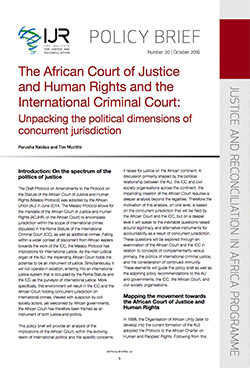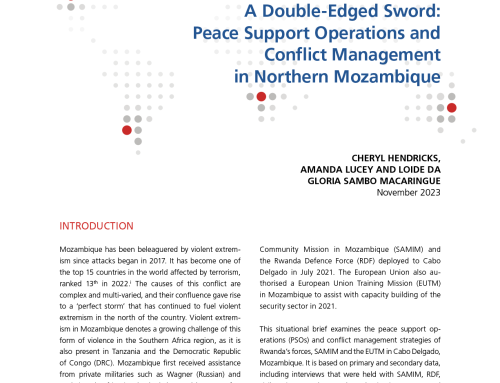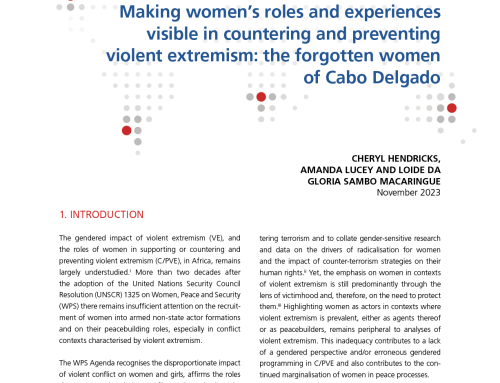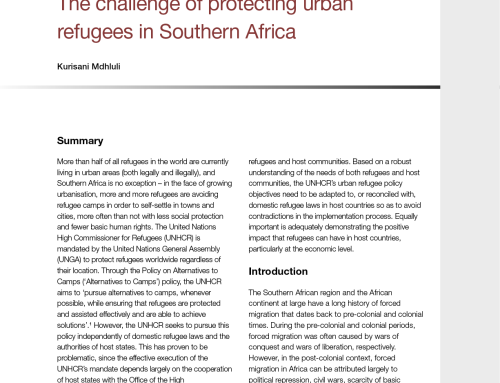
Policy Brief No 20: The African Court of Justice and Human Rights and the ICC
The Draft Protocol on Amendments to the Protocol on the Statute of the African Court of Justice and Human Rights (Malabo Protocol) was adopted by the African Union (AU) in June 2014. The Malabo Protocol allows for the mandate of the African Court of Justice and Human Rights (ACJHR, or the African Court) to encompass jurisdiction within the scope of international crimes stipulated in the Rome Statute of the International Criminal Court (ICC), as well as additional crimes. Falling within a wider context of discontent from African leaders towards the work of the ICC, the Malabo Protocol has implications for international justice. As the main judicial organ of the AU, the impending African Court holds the potential to be an instrument of justice. Simultaneously, it will not operate in isolation, entering into an international justice system that is occupied by the Rome Statute and the ICC as the purveyor of international justice. More specifically, this environment will result in the ICC and the African Court holding concurrent jurisdiction on international crimes. Viewed with suspicion by civil society actors, yet welcomed by African governments, the African Court has therefore been framed as an instrument of both justice and politics.
This policy brief will provide an analysis of the implications of the African Court, within the evolving realm of international politics and the specific concerns it raises for justice on the African continent. A discussion primarily shaped by the political relationship between the AU, the ICC and civil society organisations across the continent, the impending creation of the African Court requires a deeper analysis beyond the legalities. Therefore the motivation of this analysis, on one level, is based on the concurrent jurisdiction that will be held by the African Court and the ICC, but on a deeper level it will speak to the inevitable questions raised around legitimacy and alternative instruments for
accountability as a result of concurrent jurisdiction. These questions will be explored through an examination of the African Court and the ICC in relation to concepts of complementarity versus primacy, the politics of international criminal justice, and the consideration of continued immunity. These elements will guide the policy brief as well as the adjoining policy recommendations to the AU and governments, the ICC, the African Court, and civil society organisations.
By Parusha Naidoo and Tim Murithi
Pages: 8
Dimensions: A4
Date of publication: October 2016




